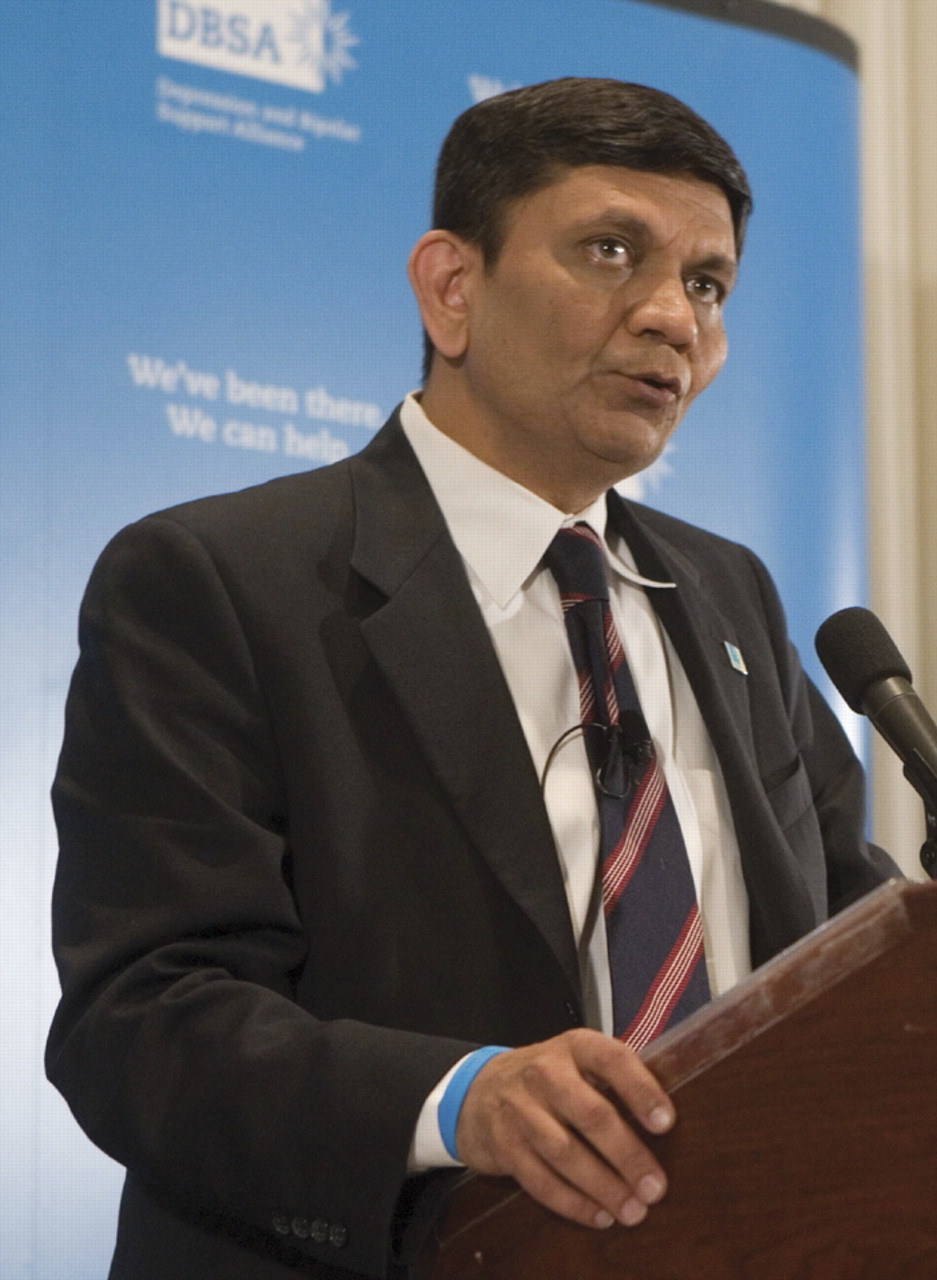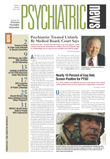In addition to draining more than $83 billion from the U.S. economy each year, depression affects 19 million Americans and is the leading cause of disability, according to a report issued in February by the Depression and Bipolar Support Alliance (DBSA) investigating the personal, societal, and economic impact of depression
The report, “The State of Depression in America,” declared that although more people than ever are seeking help for depression, and antidepressant use is widespread, “less than 22 percent of individuals diagnosed with depression receive adequate treatment for their illness.”
The report cited problems related to a poorly funded mental health care system, inadequate reimbursement for services, a lack of mental health professionals, and stigma as some of the major barriers to proper care.
The report was supported by an unrestricted educational grant from Wyeth Pharmaceuticals.
“The state of depression in America now is a national tragedy,” said DBSA President Lydia Lewis. “Most of this impact is preventable because depression is treatable.”
Lewis appeared with a panel of depression experts, mental health advocates, and lawmakers at a press conference in Washington, D.C., in February to announce the report's findings and to describe recommendations to improve access to depression treatment (see box).
To compile the data for the report, researchers from Booz Allen Hamilton Inc. conducted literature reviews and interviewed mental health professionals, consumers, pharmaceutical manufacturers, employers, and researchers to get a solid understanding of the impact of depression from various perspectives.
From the interviews, researchers learned about the need for “quality metrics” to track depression outcomes, implementation of chronic-care models, and the benefits of peer support, which is not funded or supported by health plans or providers.
According to the report, depression's direct and indirect costs are $83.1 billion each year. Direct costs include those associated with the diagnosis and treatment of people with depression, and indirect costs are associated with the economic loss to employers attributed to absent or underproductive employees.
Depression is also thought to be a factor in the vast majority of the 30,000 suicides and 730,000 suicide attempts that occur each year in the United States, the report noted.
“Those who are depressed deserve a better deal,” declared Ellen Frank, Ph.D., chair of DBSA's Scientific Advisory Board and a professor of psychiatry and psychology at the University of Pittsburgh School of Medicine. One of the main barriers to recovery for people with depression, Frank said, is a “failed mental health system that is crisis oriented and reactive rather than focused on prevention and wellness” and that “offers a woman who is about to take her own life crisis counseling or hospitalization instead of outpatient treatment months earlier.”
Frank is also director of the Depression and Manic Depression Prevention Program at Western Psychiatric Institute and Clinic in Pittsburgh.
Frank pointed out that only 57 percent of those with major depression reported receiving any treatment last year, and access to care is especially problematic in rural areas and areas populated by ethnic minorities,“ where the growing number of patients with depression has far outpaced the availability of psychiatrists and other health care professionals.”
A well-known legislator, mental health advocate, and consumer identified stigma as a culprit in the shortcomings of insurance reimbursement for mental health care.
Were it not for the stigma and misinformation that surround mental illnesses such as depression, treatment for mental disorders would be covered at parity with treatment for other types of medical problems, explained Rep. Patrick Kennedy (D-R.I.).
“We don't have equal coverage for diseases of the brain,” Kennedy said. “I'm going to be fighting this year to deliver fair access to mental health care by passing the Paul Wellstone parity bill.”
He also decried the new Medicare prescription drug program, which“ seems as if it was designed specifically to force our seriously mentally ill friends and family off their medications.”
Madhukar Trivedi, M.D., who was also on the panel, emphasized that the goal of treatment should not be limited to improvement of symptoms, but full recovery from depression, which requires a holistic understanding of the patient. In terms of treatment, “one size does not fit all,” he said.
Trivedi is a professor of psychiatry and director of the Mood Disorders Research Program and Clinic at the University of Texas Southwestern Medical Center in Dallas. He is also co-principal investigator of the Sequenced Treatment and Alternatives to Relieve Depression (STAR*D) study.
While conducting research, he has found that of patients who receive adequate treatment for depression, only about 30 percent achieve remission from depression initially.
“As clinicians and study investigators like myself continue, our goal is to find better modes of treatment to get patients to recovery, so they can lead happy and productive lives.”
“The State of Depression in America” is posted at<www.dbsalliance.org/stateofdepression1.html>.▪

